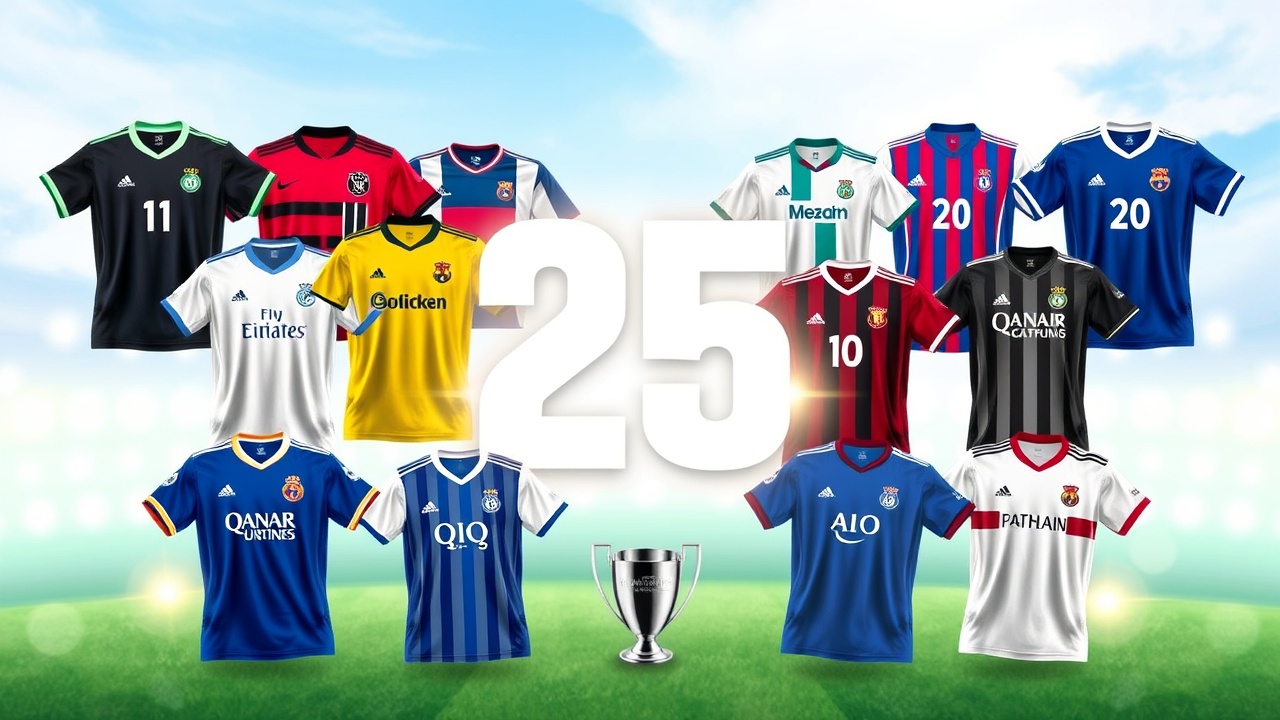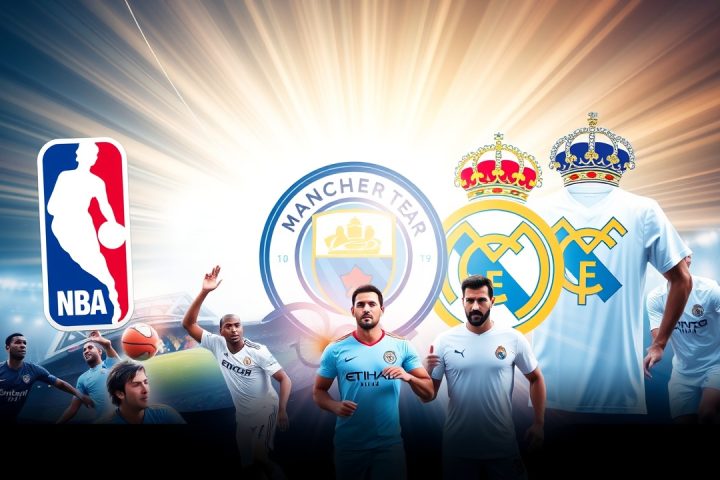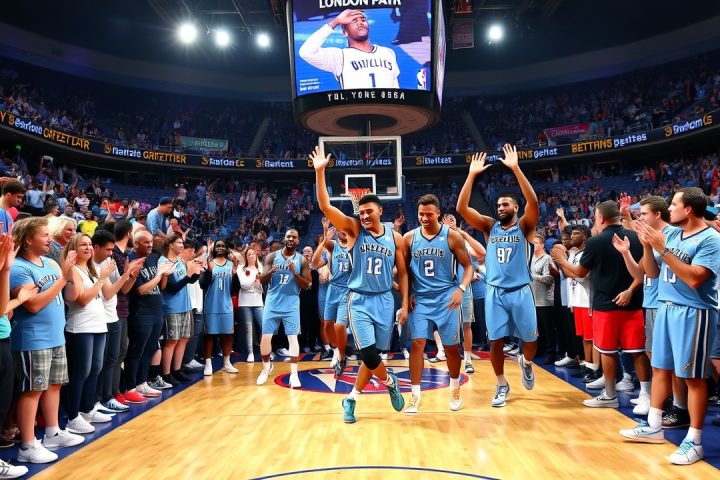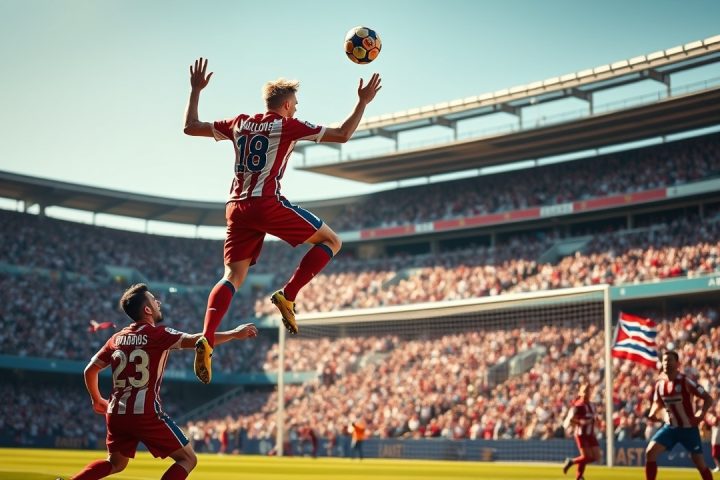The Club World Cup Final and Historical Context
The Club World Cup final concluded with Chelsea triumphing over Paris Saint-Germain, effectively wrapping up the 25th European soccer season of the 21st century. This significant milestone brings to mind Bill Barnwell’s recent ranking of the top 25 NFL teams over the last 25 years, prompting a fresh examination of the best club teams in soccer since the turn of the millennium.
The Evolution of Soccer
The game has evolved dramatically over two decades. Iconic players like Oleg Blokhin, Franz Beckenbauer, and Johan Cruyff reigned in 1975, while Luis Figo, Zinedine Zidane, and Andriy Shevchenko held the top spots in Ballon d’Or voting by 2000. The differences between how soccer was played then and now are striking, making any historical comparison a fascinating endeavor.
Ranking Methodology
To compile this list of the top 25 club teams since 2000, I’ve analyzed every season within Europe’s five major leagues. The ranking methodology involved assessing teams based on points per game and goal differential, with a weighting of 60% for the points earned. Adjustments were made to consider the competitive strength of the leagues, referenced through Club Elo ratings. Bonus points were allocated for successes in the Champions League, scaling down from winning to reaching various knockout stages, contributing to a final score that weighed domestic performance more heavily than European play.
Top Teams and Notable Performances
Kicking off the countdown, the 25th ranking goes to the impressive 2025 PSG side. Luis Enrique’s squad may not have outshined previous teams in terms of total points in Ligue 1 or scoring prowess, but they excelled in critical moments from March to May—a time when every match counts the most.
Nevertheless, the real crux of the ranking revolves around the Champions League victors over the last quarter-century. Surprisingly, only 12 of these winners made the final list of top teams, underscoring the randomness often associated with the tournament’s results.
Take Real Madrid, for instance. Historically, they often clinch Champions League titles despite lackluster domestic form—evidence of which was their 2002 win with a mere 66 points in La Liga. The 2023-24 squad, while not brilliant in the first half of the final against Borussia Dortmund, demonstrated resilience in critical moments and finished decisively in the league.
Comparing the greats, the 2014-15 Barcelona side led by Luis Enrique was remarkable despite not capturing the Champions League that season. With an impressive 90 points and a plus-79 goal differential, they still stand out for their attacking flair, notably scoring 116 times in La Liga—third-highest across European leagues in this century.
Jurgen Klopp’s Liverpool also shone during his tenure, almost achieving an unprecedented quadruple. That squad, equipped with a fortified defense following key signings, came close but ultimately left with a few domestic trophies and noteworthy league performances without topping the list.
Conclusion
As we take a closer look at these elite clubs over the years, it becomes evident that while some seasons are remembered for monumental successes, others display sheer statistical dominance yet falter at crucial moments. The saga of these teams reflects a balance of domestic excellence and European aspirations, culminating in what seems like an arbitrary yet thought-provoking ranking of football history.




